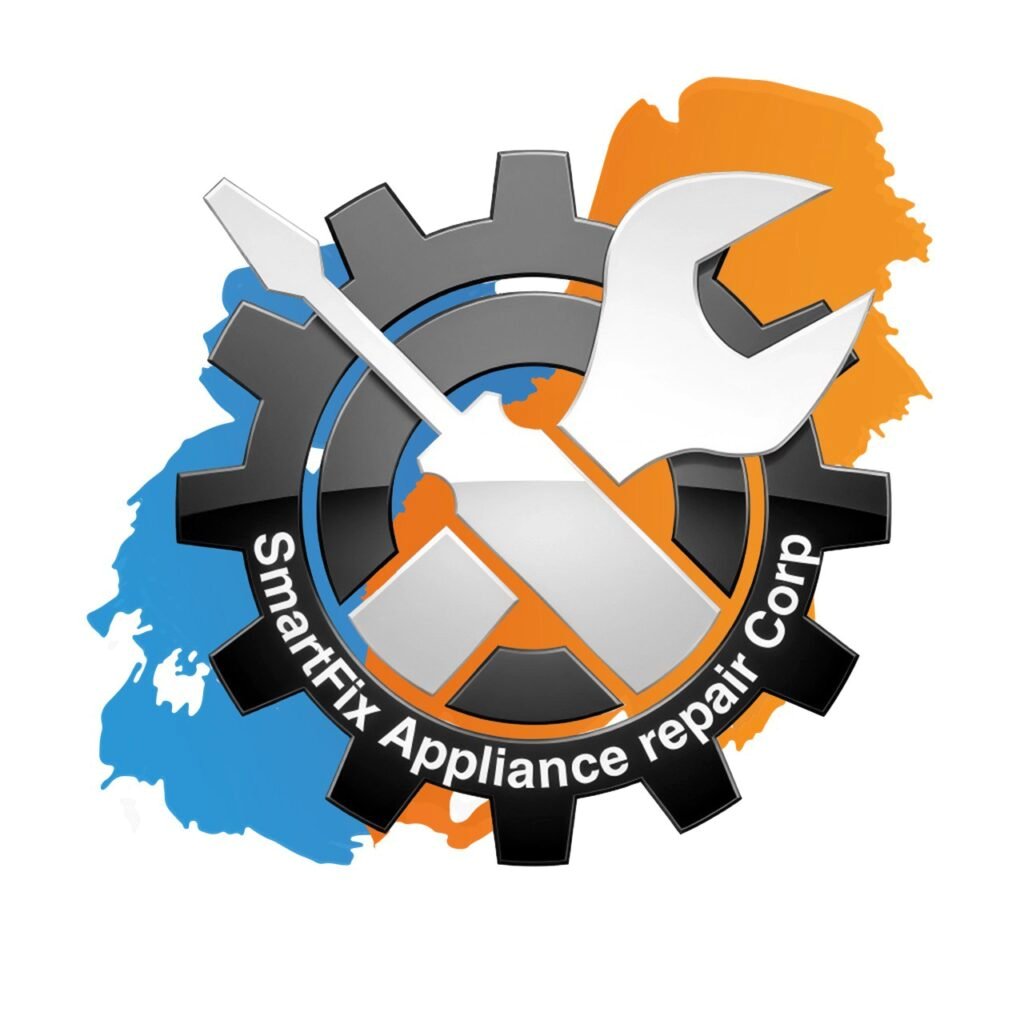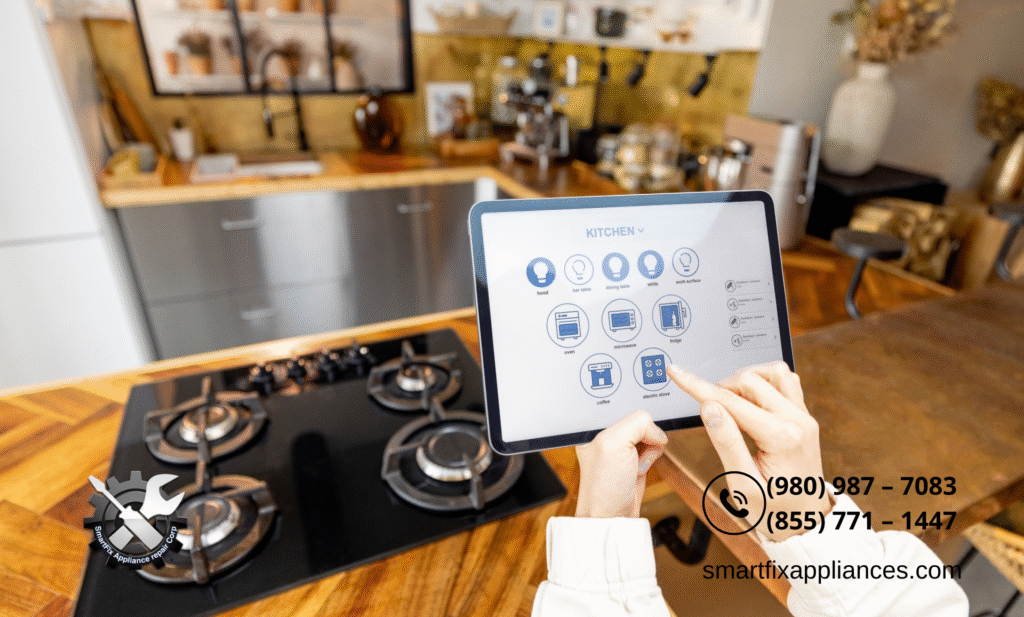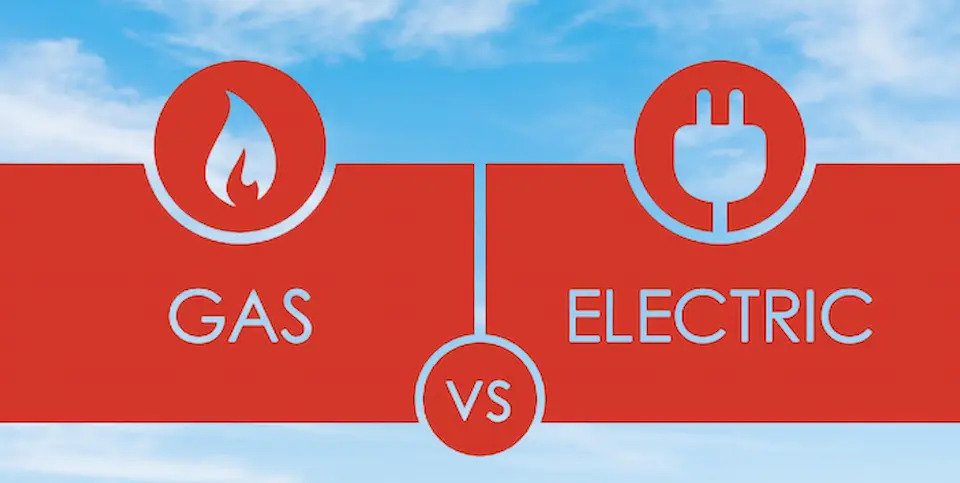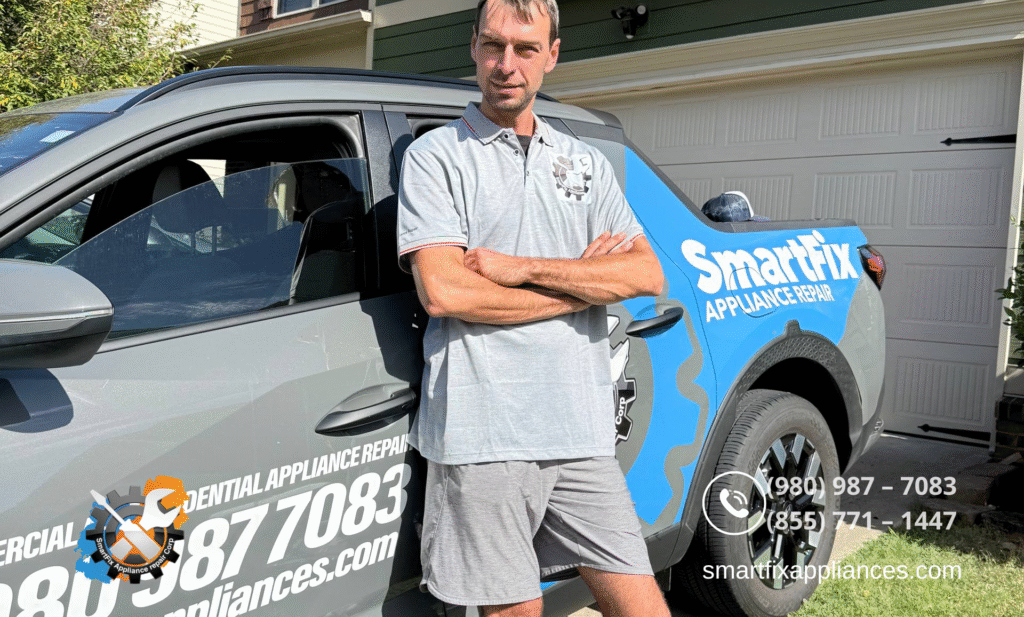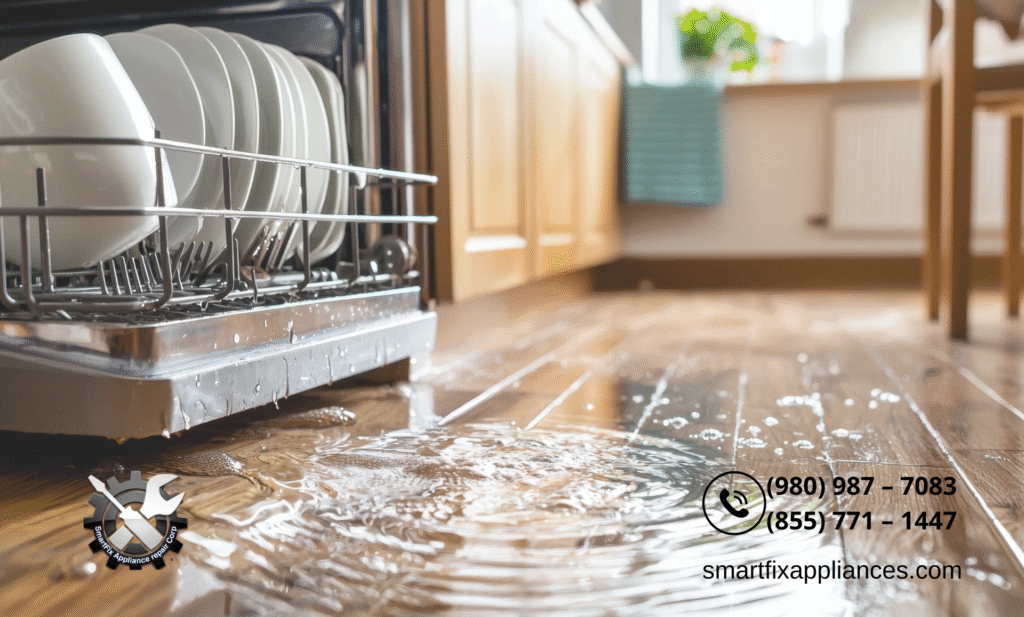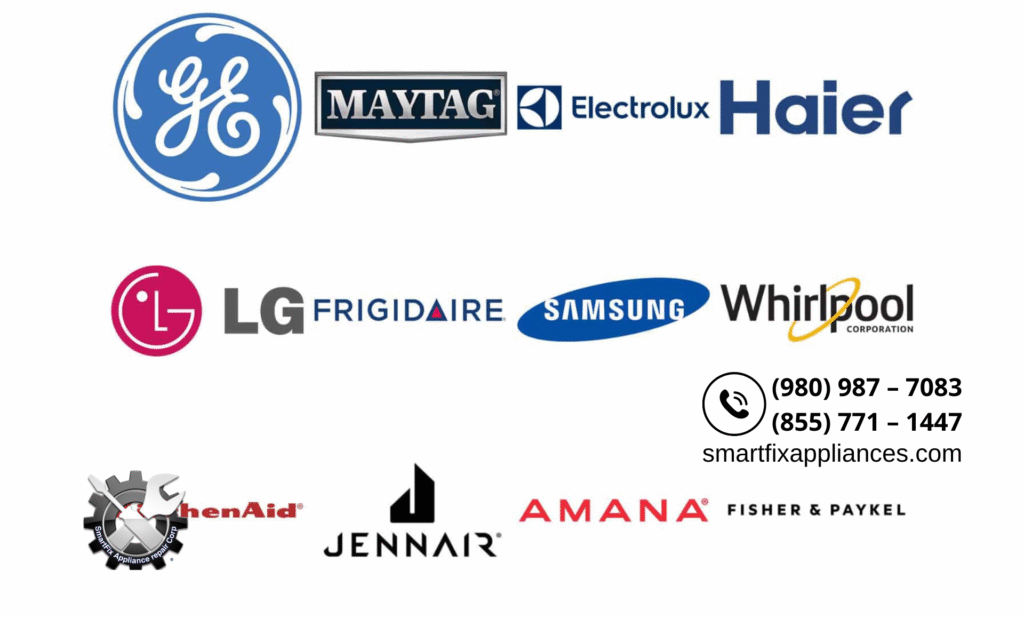Smart homes are no longer a distant dream – they are becoming part of everyday life. Across the U.S., intelligent home devices and IoT appliances are helping households save time, increase convenience, and even lower energy bills. From refrigerators that alert you when food is expiring to ovens you can control remotely via your phone, these connected devices are transforming how we manage daily chores.
But the big question remains: are smart appliances worth it in 2026? While the benefits are clear, it’s important to consider both the advantages and the potential challenges, such as hidden repair costs or the learning curve that comes with new technology.
The adoption of energy-efficient smart devices is growing rapidly, as these gadgets combine convenience with sustainability. Smart thermostats and washers, for example, optimize energy use, helping families save money while reducing their environmental footprint. According to IoT Analytics, the number of connected IoT devices – including many home appliances – is projected to grow sharply, reaching 21.1 billion by the end of 2025 and moving toward 39 billion by 2030.
In this article, we’ll explore the pros and cons of intelligent home devices and IoT appliances, examining whether they deliver real convenience or if hidden repair issues could turn them into headaches. By the end, you’ll have a clear understanding of whether these smart appliances are a worthwhile investment for your home.
What Are Smart Appliances and IoT Devices?
Intelligent home devices and IoT appliances are changing the way we live, making everyday tasks simpler, more efficient, and sometimes even more enjoyable. Intelligent home devices can communicate with each other, adapt to your preferences, and in some cases, make decisions on their own. IoT appliances are connected to the internet, allowing you to monitor, control, and automate them remotely via apps or cloud-based systems.
Common examples include smart refrigerators that track your food inventory, ovens you can preheat from your phone, thermostats that learn your schedule, and washing machines that adjust water and detergent usage. Beyond convenience, these devices save time and reduce energy consumption.
Energy-efficient smart devices go even further. By analyzing usage patterns and adjusting operation automatically, they reduce household energy consumption. For instance, smart thermostats can lower heating or cooling when no one is home, while energy-efficient washers use just the right amount of water and electricity for each load (Energy Star, 2025).
Visualizing how these devices work is simple: IoT appliances connect via Wi-Fi to a cloud server, which then communicates with your mobile app, letting you control your appliances from anywhere in your home – or even remotely. Understanding these devices helps you make informed decisions about which intelligent home devices and IoT appliances are worth integrating into your household.
Pros and Cons of Smart Appliances
Smart appliances offer exciting benefits but also come with important considerations. Here’s a closer look at both sides:
Pros:
- Convenience and remote control – Intelligent home devices let you manage appliances from your phone or voice assistant, making daily routines faster and more flexible.
- Energy savings – Energy-efficient smart devices optimize usage patterns, lowering electricity and water bills while reducing your environmental impact.
- Automated maintenance alerts and predictive diagnostics – IoT appliances can notify you of potential issues before they become major problems.
- Integration with home automation systems – Smart devices often work together, creating a seamless, connected home experience.
- Increased home value – Homes equipped with intelligent home devices and energy-efficient IoT appliances can be more attractive to buyers.
Cons:
- High upfront costs – Are smart appliances worth it? Premium features and connectivity can cost more than traditional appliances.
- Risk of repair issues and hidden costs – IoT appliances rely on advanced technology, which can sometimes lead to unexpected repairs.
- Privacy and cybersecurity concerns – Connected devices may be vulnerable if security is not properly managed.
- Dependence on Wi-Fi connectivity – Many smart features need a stable internet connection to function.
- Software updates and potential obsolescence – Some devices may become outdated over time, affecting long-term usability.
| Feature | Benefit | Potential Issue |
| Remote control | Convenience | Requires stable Wi-Fi |
| Energy monitoring | Lower bills | Initial cost high |
| Predictive maintenance | Fewer breakdowns | Data privacy concerns |
By understanding these pros and cons, you can decide if intelligent home devices and IoT appliances fit your household needs, lifestyle, and budget (Consumer Reports, 2025).
Hidden Repair Nightmares of Smart Appliances
Even the smartest devices can come with challenges. Common issues include:
- Connectivity failures – Wi-Fi drops can make smart features unusable.
- Sensor malfunctions – Appliances may misread temperatures, load sizes, or water levels, affecting performance.
- Firmware glitches – Like any software, IoT appliances require updates, and bugs can occasionally cause devices to malfunction.
Smart appliances aren’t immune to reliability issues. According to a J.D. Power study, connected appliances equipped with Wi‑Fi or Bluetooth experience about 87 problems per 100 units, compared to 63 problems per 100 units for non-connected models. Repair costs for smart components can vary – minor fixes are often below $100, but replacing high-tech modules may cost several hundred dollars.
To minimize repair headaches:
- Purchase extended warranties or protection plans.
- Keep software and firmware updated.
- Maintain a strong, secure network.
- Follow manufacturer-recommended maintenance schedules.
Taking these precautions ensures you enjoy the benefits of IoT appliances without unnecessary stress.
Are Smart Appliances Worth It?
The question of whether smart appliances are worth it depends on your priorities.
Return on Investment (ROI)
Energy-efficient smart devices can lower utility bills through optimized energy and water use. Over time, these savings may offset the higher upfront costs.
Convenience and Lifestyle Benefits
Intelligent home devices simplify daily routines through remote control, automated alerts, and predictive diagnostics – saving time and reducing stress.
Impact on Home Value
Homes with smart appliances are often more attractive to buyers who value energy efficiency and connected technology.
Comparison with Traditional Appliances
Traditional appliances may cost less initially and have fewer repair issues but do not offer automation, energy monitoring, or predictive maintenance.
A recent survey highlights the trend: 68% of users report satisfaction with intelligent home devices, while 32% experienced at least one repair issue in the past year. A bar chart comparing satisfaction rates to repair incidents clearly shows that most users find smart appliances worthwhile despite occasional issues.
Tips for Choosing and Maintaining Smart Appliances
To get the most from IoT appliances:
- Evaluate whether a device is worth buying – Consider your household needs, lifestyle, and existing home automation setup.
- Choose reliable brands and check warranty coverage – Reputable brands and protection plans reduce the risk of unexpected repair costs.
- Keep firmware updated and secure your network – Regular updates and a strong Wi-Fi setup maintain device performance and security.
- Perform regular maintenance – Clean sensors, check for leaks, and follow manufacturer instructions to extend appliance life.
Following these tips ensures your intelligent home devices remain convenient, efficient, and trouble-free.
Future Outlook of Smart Appliances
Looking ahead, intelligent home devices and IoT appliances will continue evolving:
- AI Integration – Appliances will suggest recipes, optimize cycles, and make smarter decisions automatically.
- Predictive Maintenance – Advanced analytics will alert homeowners before issues become costly.
- Voice-Controlled Devices – Alexa, Google Assistant, and other platforms will make device management seamless.
- Adoption Predictions – By 2030, over 2.5 billion IoT appliances are expected globally
- Regulatory Updates and Sustainability – Energy-efficient smart devices will meet stricter efficiency standards, reducing environmental impact while saving money.
Staying informed about these trends allows homeowners to plan for the next generation of IoT appliances while enjoying convenience, efficiency, and sustainability.
Smart appliances provide convenience, energy savings, and modern functionality – but they also come with potential challenges. From upfront costs to repair risks, understanding the pros and cons of smart appliances is essential.
Ultimately, whether smart appliances are worth it depends on your household needs, lifestyle, and commitment to maintenance. By selecting reliable brands, keeping devices updated, and following best practices, intelligent home devices can provide lasting convenience, efficiency, and peace of mind.
For more information on how to choose, install, or maintain smart appliances, or to speak with a professional about integrating intelligent home devices into your home, visit us.
FAQ
- What are intelligent home devices and IoT appliances?
Intelligent home devices can communicate, learn user habits, and operate automatically. IoT appliances connect to the internet and can be controlled via apps or cloud platforms. Examples: smart fridges, ovens, thermostats, washers. - Are smart appliances worth it?
Yes, if you value convenience, energy savings, and a connected home. They save time, reduce bills, and may increase home value. Consider higher upfront costs and possible repairs. - How do energy-efficient smart devices save money?
They adjust operation based on usage. Smart thermostats and washers reduce energy and water consumption, lowering bills. - What are common repair issues with IoT appliances?
Problems include connectivity failures, sensor errors, and firmware glitches. Minor fixes cost under $100; replacing smart modules may reach $400–$500. - Can smart appliances increase home value?
Yes. Homes with intelligent home devices and energy-efficient IoT appliances attract buyers who value convenience and modern tech. - How do I choose the right smart appliance?
Check your household needs, budget, and home automation setup. Pick reliable brands with warranties. Prioritize energy-efficient smart devices. - Are IoT appliances safe from cyber threats?
Yes, if your Wi-Fi is secure, passwords are strong, and firmware is updated. For sensitive devices, consider network segmentation. - How will smart appliances evolve?
Future devices will have AI, predictive maintenance, voice control, and better energy efficiency. Adoption will grow rapidly by 2030.
